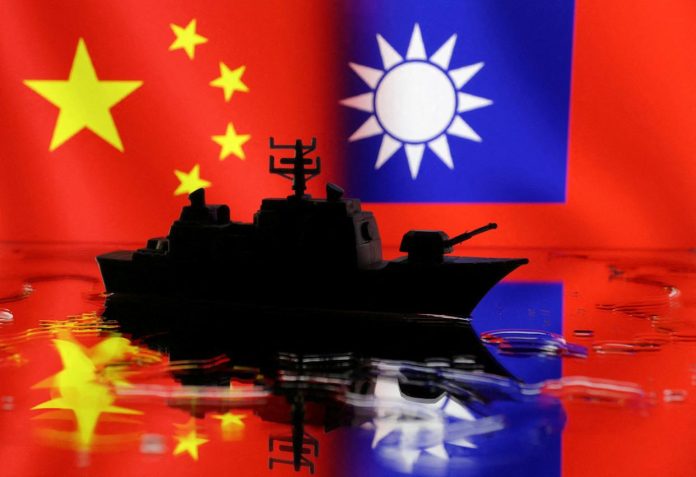China has issued a strong warning to the United States following recent comments made by US Defence Secretary Pete Hegseth. Speaking at the Shangri-La Dialogue in Singapore, Hegseth called China a “regional threat” and claimed it was preparing for military action in Asia.
He accused Beijing of conducting military exercises that appeared to simulate an invasion of Taiwan.
China considers Taiwan part of its territory and has not ruled out using force to achieve reunification. Taiwan’s government, however, rejects this claim. It insists that only the people of Taiwan have the right to decide their future.
China criticises US approach to Asia-Pacific
In response to Hegseth’s remarks, China’s Ministry of Foreign Affairs issued a sharp statement. It said Taiwan was an internal matter and warned the US against using the issue for strategic gain. The Ministry accused Washington of turning the region into a “powder keg”.
“The United States should not treat the Taiwan issue as a bargaining chip to contain China,” the statement said. “Nor should it play with fire.”
Hegseth also urged regional allies, including Australia, to increase their defence spending. He warned that China posed a real and possibly imminent threat.
Beijing pushed back. It accused the US of destabilising the Asia-Pacific by deploying military assets and fuelling tensions, especially in the South China Sea.
Tensions rise as China rejects US claims
China’s government said Hegseth was promoting a “Cold War mentality”. It claimed he ignored the region’s desire for peace and made false allegations against China.
China also confirmed that it had filed a formal protest with the US over what it described as inflammatory and misleading language.
In the South China Sea, tensions remain high. China and the Philippines continue to dispute control over islands and reefs. Their coastguards have had frequent run-ins while patrolling contested waters.
The US has raised concerns over freedom of navigation in the area. China rejected those concerns. It said it supports dialogue and acts within international law to protect its territorial rights.
“The United States is the main source of instability in the South China Sea,” Beijing stated.
China skips key defence meeting
For the first time since 2019, China did not send its defence minister to the Shangri-La Dialogue. Instead, it sent a lower-ranking delegation. The only exceptions were in 2020 and 2021, when the event was cancelled due to COVID-19.
US-China tensions continue to simmer. Trade disputes and tariffs introduced during Donald Trump’s presidency still contribute to strained relations between the two powers.
